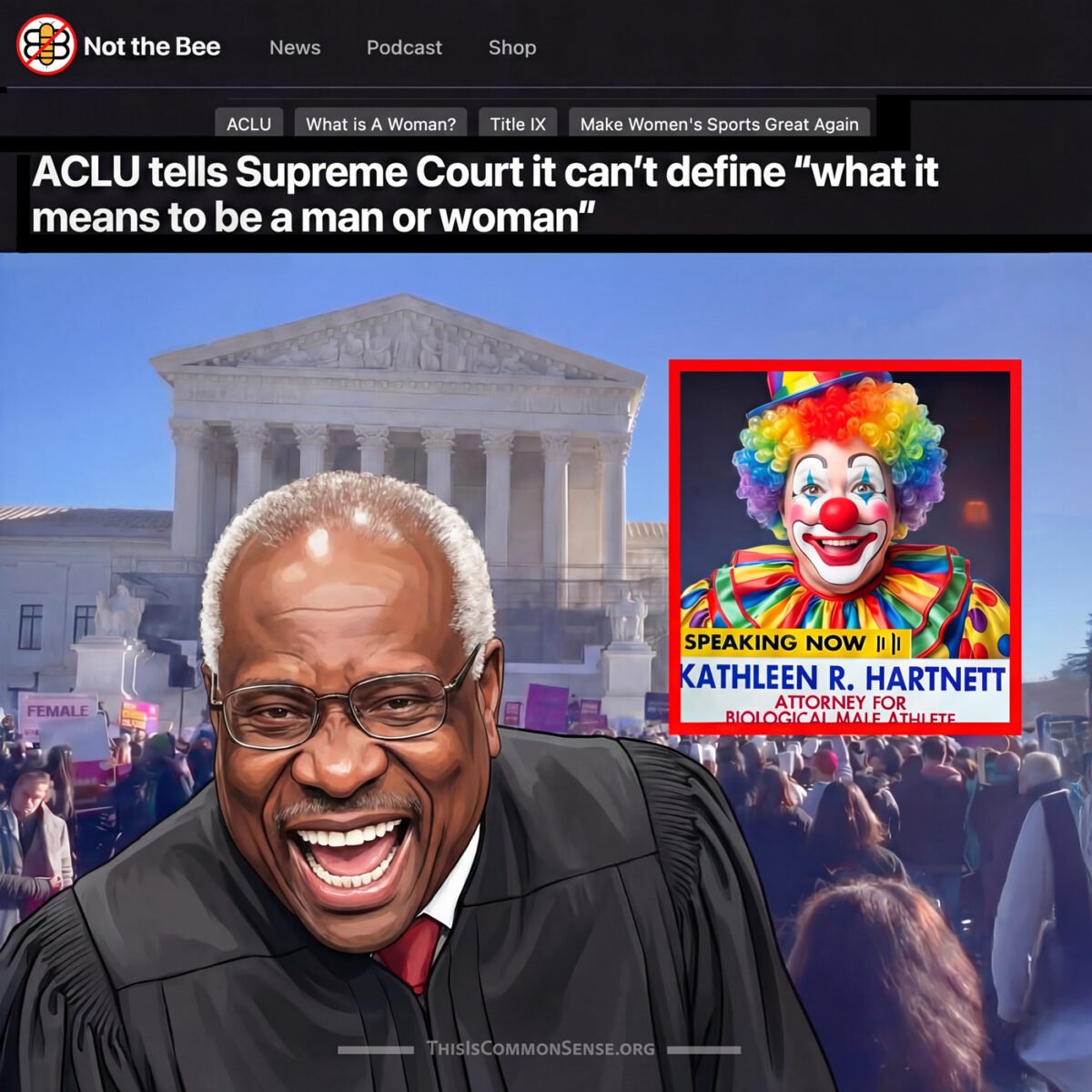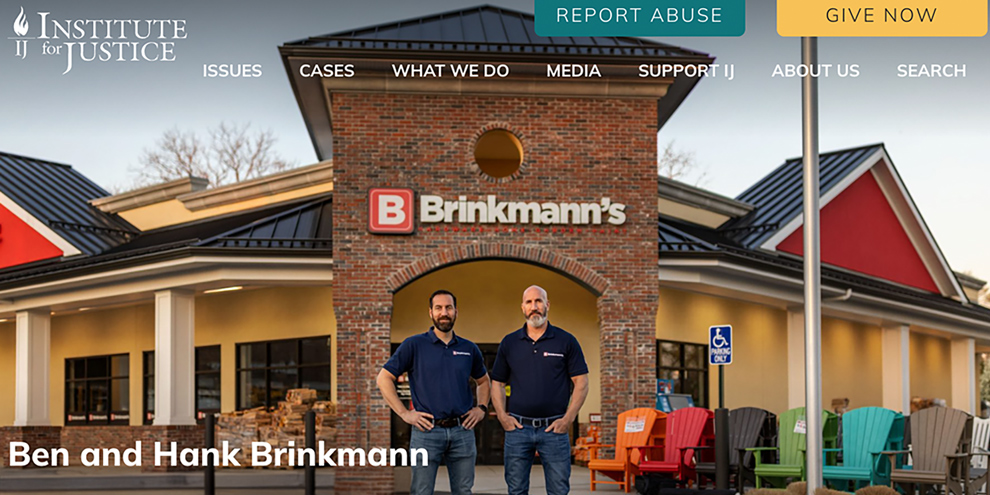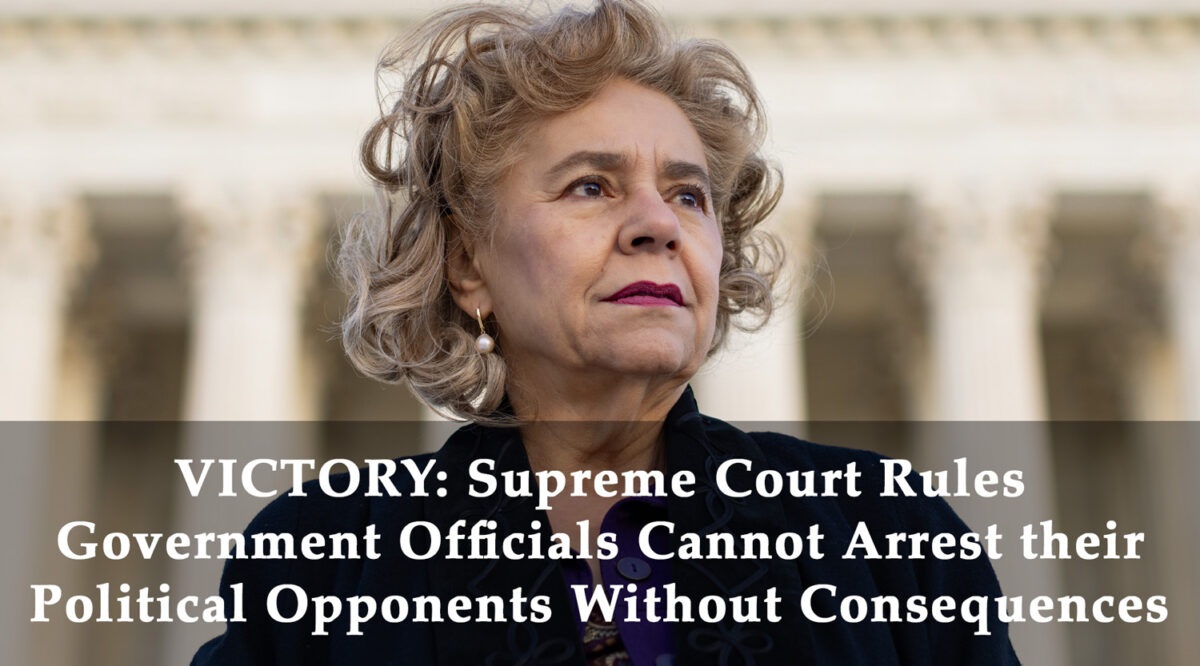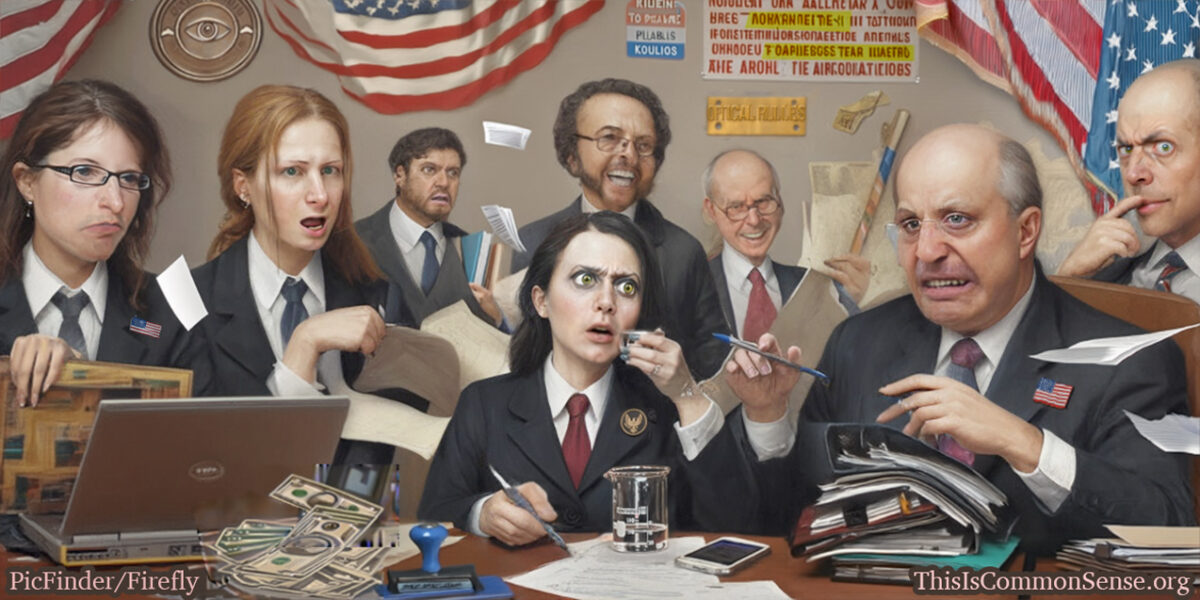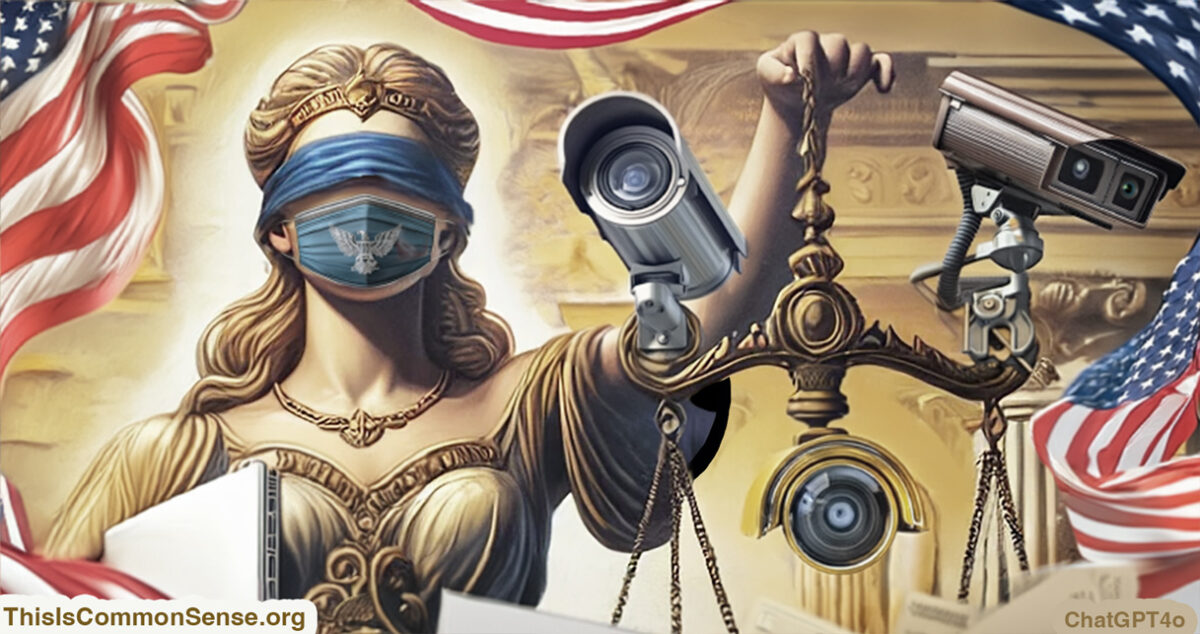Congress began regulating campaign finances in the 1960s.
In 1976, the Supreme Court’s ruling in Buckley v. Valeo reined in such regulation … in part.
This month, at a symposium marking the 50th anniversary of the ruling, John Samples — a former Vice President at the Cato Institute and currently a Member of Meta’s Oversight Board — compared what happened after the 1976 ruling to what might have happened had the ruling been better or worse.
The alleged point of campaign finance regulation was to “level the playing field.” The actual point, Samples observed, has been to “protect the political status quo” by making it harder “to spend enough money to effectively challenge congressional incumbents.”
In Buckley, the court ruled that contribution limits were indeed valid (they aren’t) for the sake of combatting corruption or the “appearance of corruption.” But it also ruled that limits on campaign spending are limits on speech, hence invalid — thereby saving democracy, argued former Federal Election Commission chair Bradley Smith, in the Wall Street Journal a few weeks ago: “The Buckley court understood that effective political speech requires resources.”
The Court also upheld compulsory disclosure of donors and donations. This led to chronic calumniation of donors, helping to poison public discourse.
Samples suggeststhat a more libertarian Buckley might have enabled major reform, even perhaps privatizing of New Deal and Great Society spending programs in the 1980s.
On the other hand, had the decision been worse, “validating spending limits” as well, Congress would likely have continued to hobble challengers. And thus, perhaps, prevented the ascendancy of Ronald Reagan and the emergence of a GOP majority in the U.S. Senate.
Unwarranted restrictions on freedom of speech should be removed completely. Substantially removed is better than not at all, sure. But now let’s finish the job.
Something Brad Smith’s Institute for Free Speech works on every day.
This is Common Sense. I’m Paul Jacob.
Illustration created with Nano Banana
See all recent commentary
(simplified and organized)
See recent popular posts


